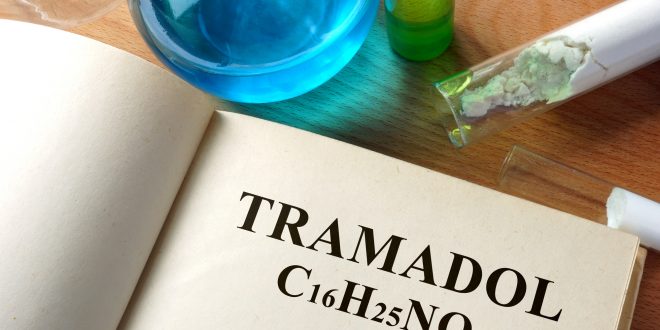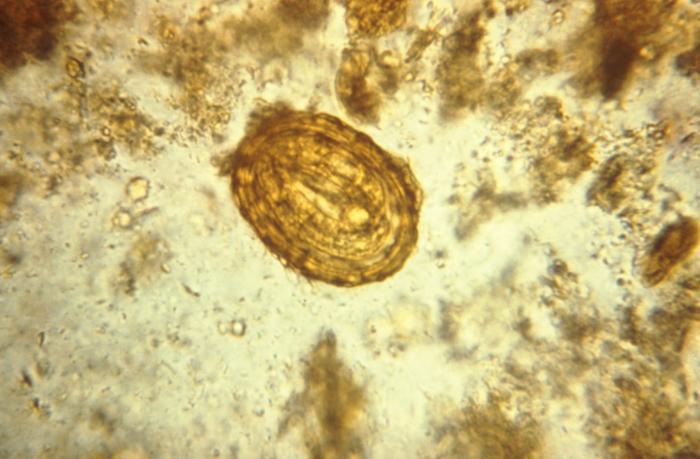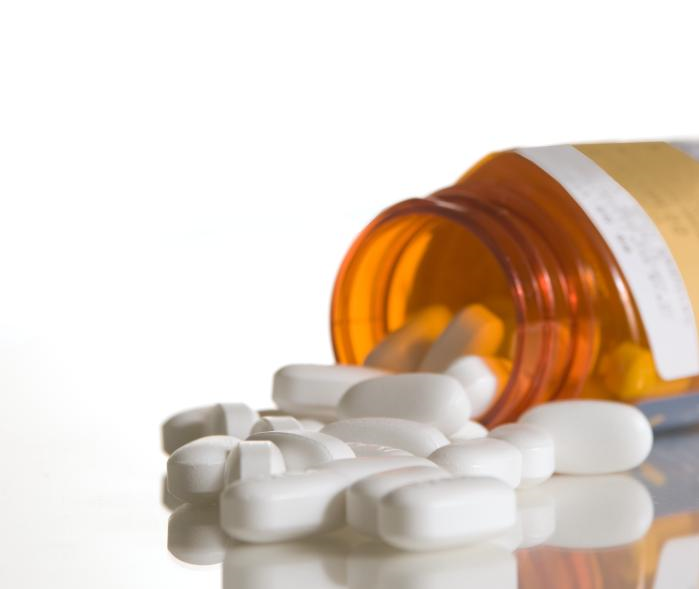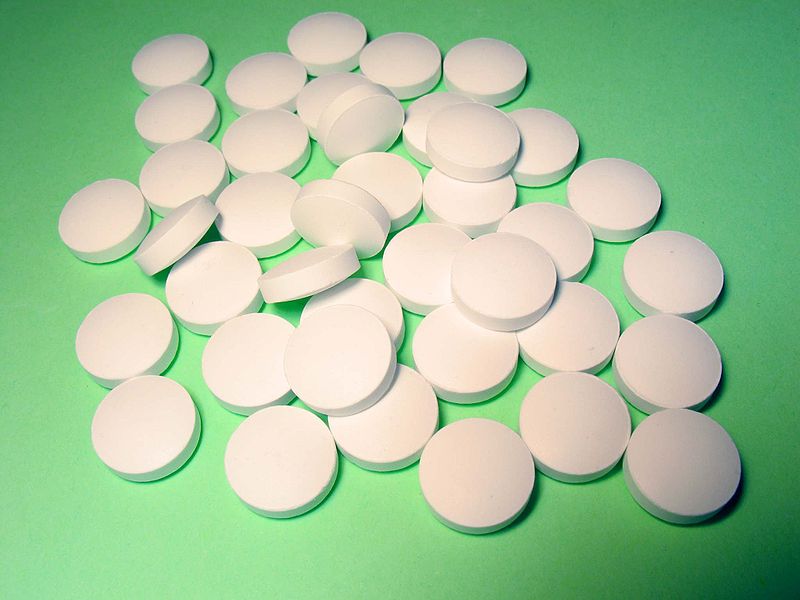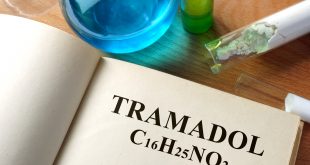Only drugs which block L type of channels, which are large in conductance are effective. Nifedipine has different binding sites … Read More »
Organic Nitrates
Mechanism of Action Nitrates are converted into NO by glutathione S transferrase Phosphorylation of myosin light chain is important along … Read More »
Drug Treatment of Ischemic Heart Disease
Ischemic Heart Disease When the demand of oxygen by heart is more than the supply, it is known as ischemia. … Read More »
Miscellaneous Antiarrhythmic Drugs
Adenosine Endogenous derivative of purine nucleotide. Mechanism of Action Adenosine acts on the adenosine receptors. They are of various types: … Read More »
Calcium Channel Blockers (Class IV Antiarrhythmics)
Calcium channel blockers are used in the treatment of arrhythmias and hypertension. Verapamil and Diltiazim have antiarrhythmic property. Calcium channel … Read More »
Potassium Channel Blockers (Class III Antiarrhythmics)
Amiodarone The main drug is amiodarone, which is most commonly used as antiarrhythmic. It is effective in a wide range … Read More »
Sodium Channel Blockers (Class 1 Anti-arrhythmics)
Sodium channel blockers are called so because they cause decreased influx of Na+ in cardiac cells, during phase 0. This … Read More »
Antiarrhythmic Drugs
Cardiac Arrhythmias The abnormalities of cardiac rhythm which may arise from: a. Abnormality in automaticity – Increased firing from pre-existing … Read More »
Bipyridine Derivatives -Milrinone and Inamrinone
They act mainly by inhibiting phosphodiesterase, which has various isozymes. They specifically inhibit the phosphodiesterase 3 enzyme responsible for breakdown … Read More »
Cardiac Glycosides -Digoxin and Digitoxin
Drugs which increase the efficiency of heart are called cardiotonic drugs. Efficiency is the ratio of oxygen consumption to work … Read More »
 howMed Know Yourself
howMed Know Yourself
